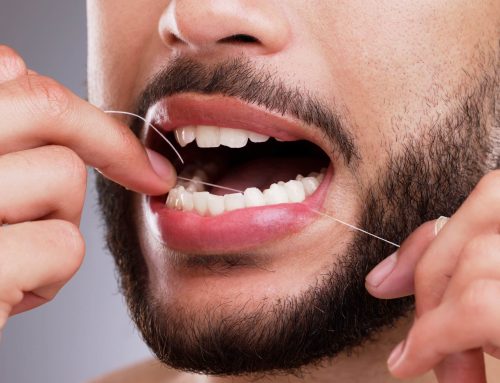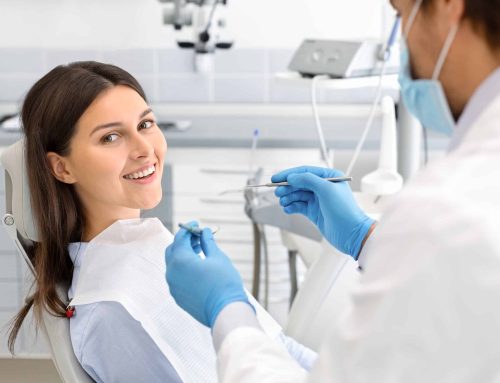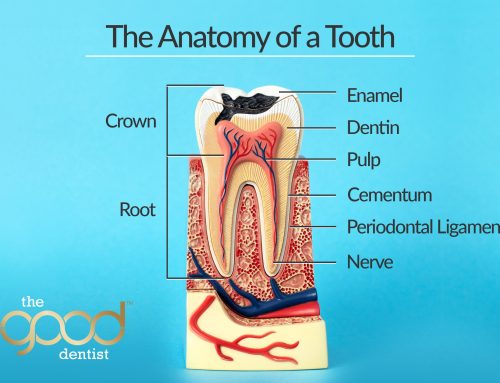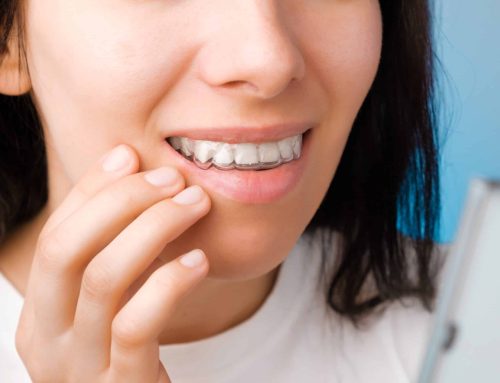Baby teeth are important for several developmental reasons for your child and so caring for them cannot be an afterthought.
Most first teeth appear in babies between six to ten months of age; however, some first teeth come through as early as four months or as late as two years old. The first 20 baby teeth (ten on the top and ten on the bottom) are called primary teeth, milk teeth, or deciduous teeth, which means they fall out and are replaced by adult teeth.
It is important to know how to care for your child’s baby teeth so that their mouth remains clean, healthy, and prepared for the vital job they do.
Baby Teeth Assist Development of Adult Teeth
The primary function of baby teeth is to provide and maintain the space of permanent teeth when they move in. While you may not think about it, your child’s deciduous teeth play a very important role in the development of adult teeth.
Milk teeth are essential for babies when making repetitive sounds, babbling, and eventually speaking which is why taking good care of them is vital. Baby teeth work to help speech development by forming words and pronouncing sounds that will later be used as an adult.
Baby teeth also help with bite alignment, support the lips and tongue, control facial muscles and jaw growth while they are still present in your child’s mouth. Therefore, primary teeth aid your child in chewing nutritious foods while they’re growing up so that they can develop strong bones and good nutrition habits later on in life.
If something were to happen to your child’s baby teeth early on (such as a fall or accident), it could have lasting effects on their jaw shape or alignment down the road when they get older, meaning they might have difficulty chewing certain foods or a speech impediment because their jaws don’t line up properly due to lack of support from missing teeth. Consult your paediatric dentist if you have any concerns.
How to Care for Baby Teeth
Good oral hygiene is important for your baby’s wellbeing. Establish good habits early, even before the first teeth erupt.
Once your baby is about three months old, you can gently wipe the gums with a clean face cloth or gauze two times per day to remove food particles from any crevices that have formed. Be sure not to use a toothbrush or toothpaste until your child’s first teeth emerge.
When teeth arrive, brush twice a day with water and a soft infant toothbrush. Don’t use toothpaste at this stage, unless your dentist has recommended it. Babies will not react negatively to water which acclimates them to future cleanings.
You can start brushing primary teeth with fluoride toothpaste when your baby turns one year old. Use a smear of infant-strength toothpaste on an infant-size toothbrush (about the size of an adult’s pinky finger.) Don’t use any other type of toothpaste until your child is at least two years old, when you will transition to a stronger toothpaste.
If your baby is used to having a dummy, avoid dipping it into sweet food or drink prior to placing it in your baby’s mouth. Toddlers who don’t consume sugar-sweetened drinks have much less tooth decay than other children.
Establish a Regular Dental Routine
Your child should begin seeing the dentist after their first birthday or ideally as soon as the first tooth erupts. It’s important to get your child used to visiting the dentist early on, so they don’t develop any fears or anxiety about dental care later in life. Consider bringing them along when you attend the dentist to get them familiar with the practice. Regular dental care is important for your child’s overall dental health and development throughout their life.







